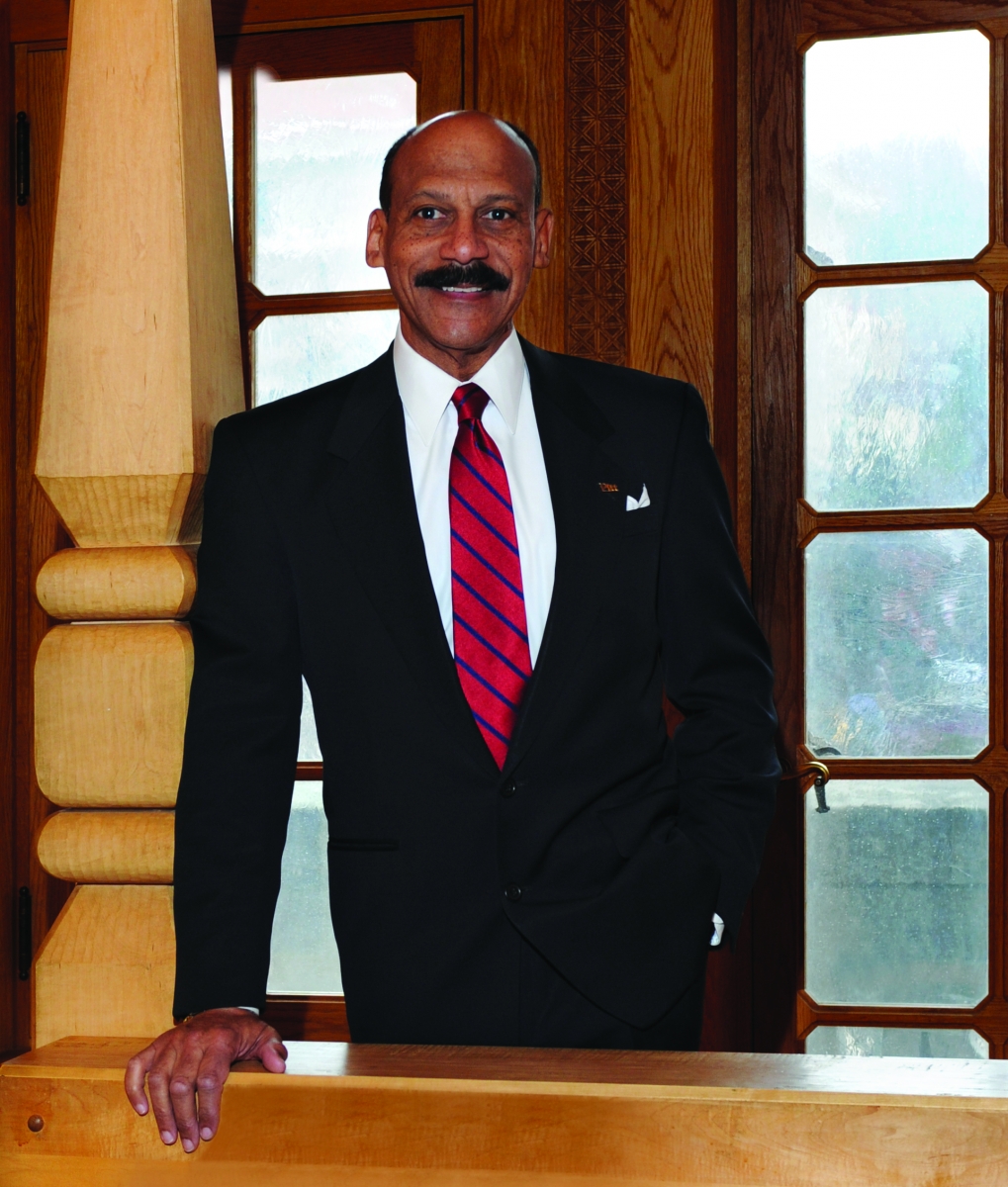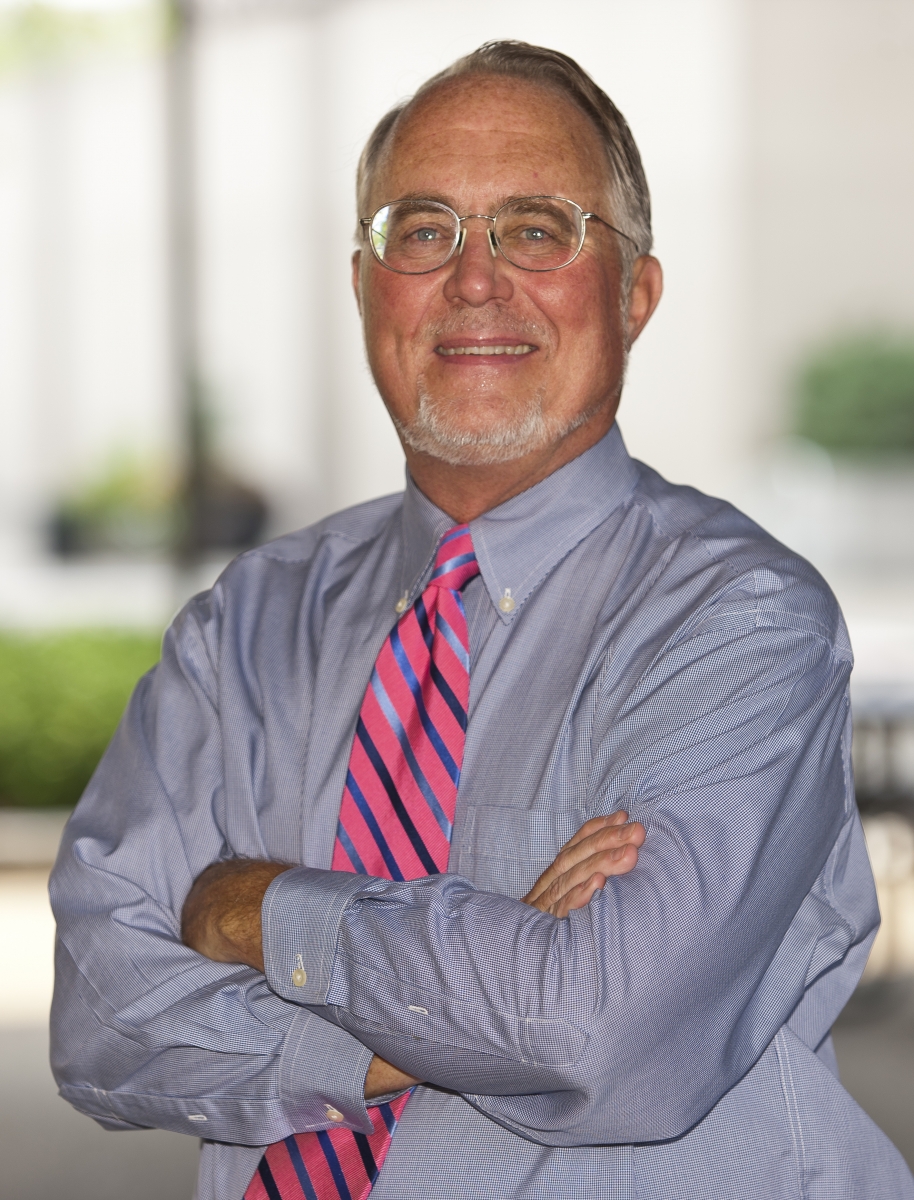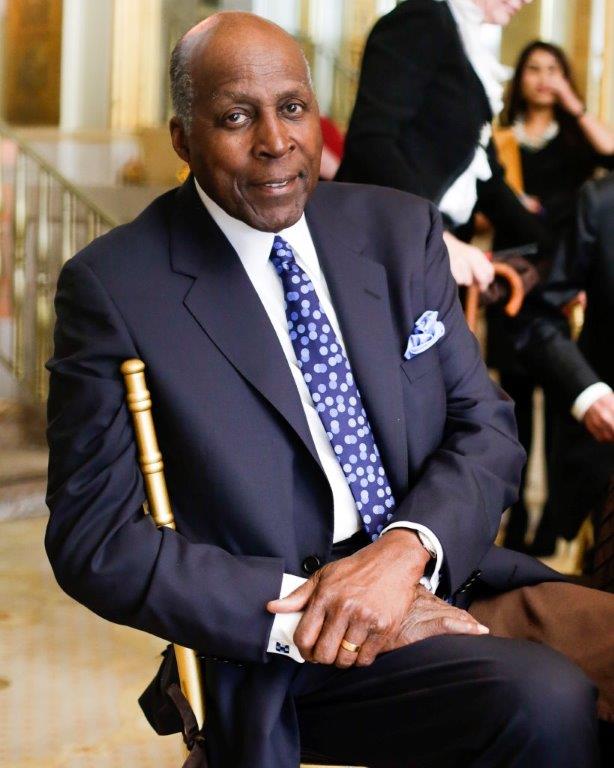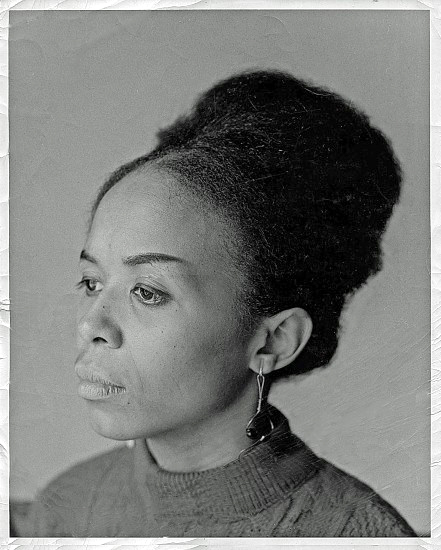Talking About Civil Rights
PITTSBURGH—Nearly 50 years after the first Selma to Montgomery Civil Rights March, also known as “Bloody Sunday,” the University of Pittsburgh’s University Honors College will present a panel discussion commemorating the march and other significant events in the American civil rights movement. The panelists include political activists from that era as well as nationally noted experts on race and social issues.
The event, titled “A Half-Century of Struggle and Success: A Civil Rights Retrospective,” will begin at 7:30 p.m. March 2 in the seventh-floor auditorium of Pitt’s Alumni Hall, 4227 Fifth Ave., Oakland. The event is free and open to the public; registration is recommended.
The panel will feature prominent civil rights activists Vernon E. Jordan Jr., former president of the National Urban League, and Dorie A. Ladner, former field secretary for the Student Nonviolent Coordinating Committee. Also taking part in the discussion will be Pitt faculty members Larry E. Davis, dean of the School of Social Work and director of the Center on Race and Social Problems, and David J. Garrow, a research professor of history and law. The panel discussion will be moderated by David Shribman, executive editor of the Pittsburgh Post-Gazette.
“These four distinctive voices are coming together at the University of Pittsburgh to explore issues of race, equality, and politics that were hot-button issues in the 1960s and are still high on the nation’s agenda today,” said event organizer Cynthia Skrzycki, a senior lecturer in Pitt’s Department of English. “This is an opportunity for Pitt students and the city of Pittsburgh to hear the firsthand experiences of those who were on the front lines of our nation’s fight for racial equality and social justice.”
Brief biographies of the panelists follow:
Larry E. Davis—who also is Pitt’s Donald M. Henderson Professor—has served as the dean of Pitt’s School of Social Work since 2001. In 2002, Davis founded the Center on Race and Social Problems, which conducts social-science research on race and its influence on the quality of life for Americans in the 21st century.
2002, Davis founded the Center on Race and Social Problems, which conducts social-science research on race and its influence on the quality of life for Americans in the 21st century.
Davis’ research interests include interracial group dynamics; the impact of race, gender, and class on interpersonal interactions; African American family formation; and academic achievement of youth. Prior to arriving at Pitt, he was the E. Desmond Lee Chair in Ethnic and Racial Diversity at Washington University in St. Louis, where he taught as a professor of social work and psychology for nearly 25 years.
Davis has written, edited, or coauthored five books, including Measuring Race and Ethnicity (Springer Publishers, 2011). Additionally, Davis is the founder and chairman of the editorial board for the Race and Social Problems journal.
David J. Garrow—a research professor with a joint appointment in Pitt’s School of Law and Department of History—is a national expert on the civil rights movement and the author of Bearing the Cross: Martin Luther King, Jr., and the Southern Christian Leadership Conference (Morrow, 1986), which won the 1987 Pulitzer Prize in Biography. Garrow also authored the books The FBI and Martin Luther King, Jr. (Norton, 1981) and Protest at Selma (Yale University Press, 1978).
expert on the civil rights movement and the author of Bearing the Cross: Martin Luther King, Jr., and the Southern Christian Leadership Conference (Morrow, 1986), which won the 1987 Pulitzer Prize in Biography. Garrow also authored the books The FBI and Martin Luther King, Jr. (Norton, 1981) and Protest at Selma (Yale University Press, 1978).
Garrow served as a senior advisor for “Eyes on the Prize,” the award-winning documentary series that focused on the American Black freedom struggle. He was editor of The Montgomery Bus Boycott and the Women Who Started It: The Memoir of JoAnn Gibson Robinson (University of Tennessee Press, 1987). Garrow also coedited both The Forgotten Memoir of John Knox: A Year in the Life of a Supreme Court Clerk in FDR’s Washington (University of Chicago Press, 2002) and The Eyes on the Prize Civil Rights Reader (Viking Penguin, 1987, 1991).
Vernon E. Jordan Jr. was an influential figure throughout the civil rights movement. He most notably served as the president of the National Urban League from 1972 to 1981. He also served as the director of the Southern Regional Council’s Voter Education Project from 1964 to 1968 and was the National Association for the Advancement of Colored People’s field secretary for the state of Georgia from 1961 to 1963. As a young attorney in the late 1950s, Jordan worked mostly as a civil rights litigator, focusing on cases related to desegregation and the enforcement of the U.S. Supreme Court’s landmark Brown v. Board of Education of Topeka decision.
National Urban League from 1972 to 1981. He also served as the director of the Southern Regional Council’s Voter Education Project from 1964 to 1968 and was the National Association for the Advancement of Colored People’s field secretary for the state of Georgia from 1961 to 1963. As a young attorney in the late 1950s, Jordan worked mostly as a civil rights litigator, focusing on cases related to desegregation and the enforcement of the U.S. Supreme Court’s landmark Brown v. Board of Education of Topeka decision.
Jordan counseled presidents Lyndon B. Johnson and Jimmy Carter, in unofficial roles, on issues related to race and civil rights. Additionally, Jordan advised Bill Clinton’s 1992 presidential campaign and assisted the Clinton administration’s White House transition team.
Dorie A. Ladner was a community organizer during the civil rights movement. She served as field secretary with the Student Nonviolent Coordinating Committee and was involved with several major civil rights marches, including the 1963 March on Washington for Jobs and Freedom and the Selma to Montgomery Civil Rights Marches in 1965. Ladner was one of the founding members of the Council of Federated Organizations, a coalition of major American civil rights organizations composed of the Congress of Racial Equality, the National Association for the Advancement of Colored People, the Southern Christian Leadership Conference, and the Student Nonviolent Coordinating Committee.
1963 March on Washington for Jobs and Freedom and the Selma to Montgomery Civil Rights Marches in 1965. Ladner was one of the founding members of the Council of Federated Organizations, a coalition of major American civil rights organizations composed of the Congress of Racial Equality, the National Association for the Advancement of Colored People, the Southern Christian Leadership Conference, and the Student Nonviolent Coordinating Committee.
Ladner worked within the presidential campaigns of Eugene McCarthy in 1968 and George McGovern in 1972. After earning a Master of Social Work degree from Howard University in 1975, she served as a clinical social worker in Washington, D.C., for more than 30 years. Since retiring, she has remained engaged in social activism by participating in genealogical research projects, public speaking engagements, and antiwar initiatives.
###
2/27/15/amm/klf/cm
Media Resources
Schools of the Health Sciences Media Relations
For more information about Pitt's schools of dental medicine, health and rehabilitation sciences, medicine, nursing, pharmacy, and public health, click here >
To locate stories from health science schools prior to 2013, visit the UPMC news archives »
Urgent Question?
University of Pittsburgh news reps are available to answer urgent media inquiries. Outside of regular business hours (Mon-Fri, 8:30 a.m.-5 p.m.), please email us at media@pitt.edu.
News reps for University of Pittsburgh Health Sciences schools can be reached outside of regular business hours through the paging operator at 1+412-647-2345.


